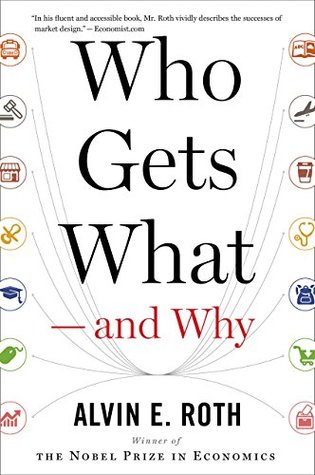More on this book
Community
Kindle Notes & Highlights
Read between
January 9 - February 4, 2018
Some matches don’t use money at all. Kidney transplants cost a lot, but cash doesn’t decide who gets a kidney. In fact, it’s illegal to buy or sell kidneys for transplantation. Similarly, airport landing slots involve fees, but that isn’t what determines who gets them. Access to public education also isn’t priced. Taxpayers support schools precisely so that every child can attend for free. Many people would find it repugnant to allow money to decide who gets a kidney or a seat in a sought-after public kindergarten. When there aren’t enough kidneys to go around (and there aren’t) or seats in
...more
Simplicity is a competitive tool that sometimes allows new market platforms to displace old ones. Credit cards replaced paper checks, and it remains to be seen whether mobile payment systems will replace credit cards. If they do, it will be because it’s simpler to swipe your phone than your credit card, more secure, or simpler for the merchant to accept payment that way. Notice that when competition among marketplaces causes previously successful markets to fail, it is often the result of undermining the previous success in establishing a thick market.


